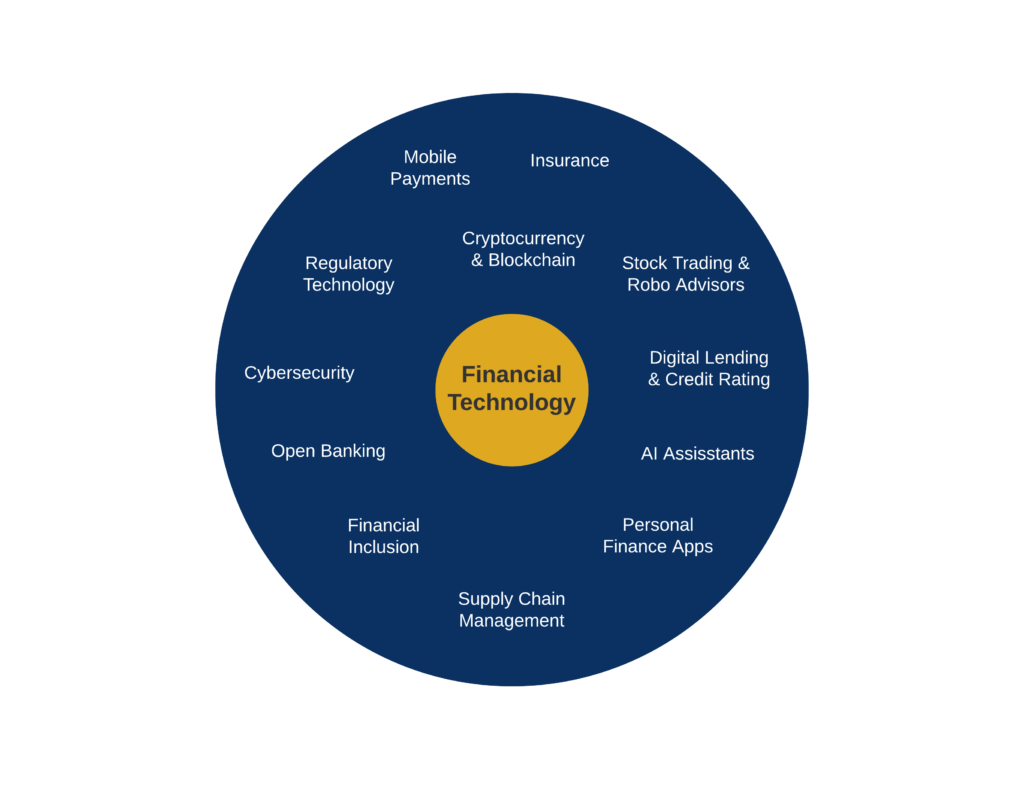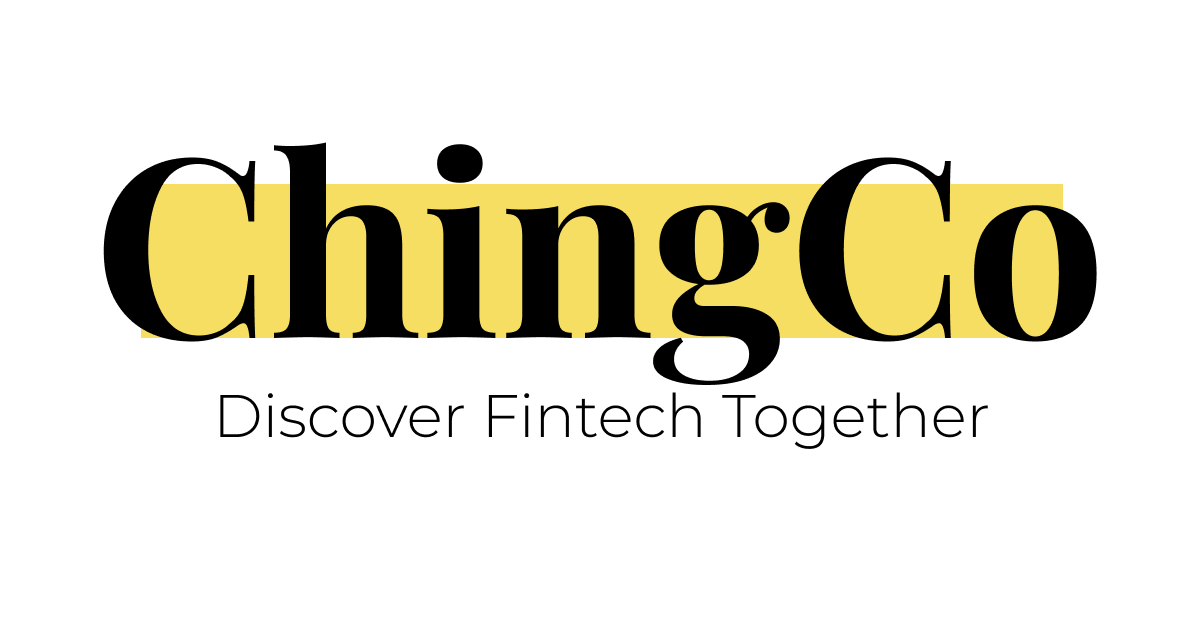Fintech is a phrase that’s had a meteoric rise. It is widely considered the next disruptor of business – the cool kid on the block. Spectators will paint fintech as an inevitable revolution, a technology that will fundamentally change how we interact with key financial institutions and with one another. But is it just hype?
What is Fintech?
Before we can analyze whether the hype for fintech is justified, we must define what it is. For those of you who don’t know, fintech is the latest buzzword touted as a game-changer. It is the innovation between finance & technology. Think contactless payments, AI chatbots and another popular word – “Blockchain”. Ultimately, fintech aims to reduce costs, improve customer experience & increase efficiency.
However, it’s important to understand that fintech is a broad term describing a series of technologies. As a result, the term “Fintech” can refer to any technology that deals with how people or organizations transact assets, whether that be information, money, ownership or anything else of value.
The Domains of Fintech
So where is this innovation revolution taking place? Who is using this stuff and where are they using it? Well if you’ve ever used mobile banking, paid using your phone, traded stocks online or used an app to keep a budget – then you’ve used financial technology.
Fintech Domains:

- Payments
- Insurance
- Banking
- Accounting
- Supply Chain Management
- Remittances
Internationally, fintech innovators are aiming to utilize the mass number of mobile devices, to achieve a more personalized, convenient & high-quality experience for their users. Many companies and people see fintech as the future – a potentially long term investment – that could yield massive results. Governments, banks and private companies are thus all starting to invest in different projects, with Goldman Sachs, JP Morgan & Citigroup all being critical investors in the fintech trend. According to PWC, 82% of financial institutions are planning on increasing fintech partnerships in the next 3-5 years.
If we look to Asia, we see a far higher adoption rate of fintech. The transition towards a fintech future further ahead. Contactless payments, virtual banks, cryptocurrency and AI advisors are becoming the norm. Indeed, it would seem that financial technology isn’t just a phase, but a trend with many applications across industries.
The State of Fintech
For many years, we’ve heard that “Fintech will change the world”, “Fintech will shake up banking” and “Fintech is coming in a couple of years”. Although, we haven’t yet seen the results of this game-changer, at least not at the predicted scale. In these instances, I often compare the rise of fintech to the development of the internet. In its initial development – many thought of the internet as a fad, a phase that would ultimately be inconsequential. We know now that this isn’t the case.
Similarly, financial technology – and its many subcategories are the same. The infrastructure is currently being developed to facilitate a transition to a future with fintech as the foundation. Fintech investments will grow to an estimated $310 billion by 2022.
However, a significant obstacle to this fintech future is regulatory concerns. How can we incorporate this new technology into existing systems, how can we ensure that user data is secure, how can we standardize software to ensure no one is getting scammed. These are all questions that don’t have answers yet but are in the works.
With the adoption of fintech becoming more widely accepted and policies, regulations & standards being developed – fintech will only continue to grow.
Hype or the real deal?
The question remains: “Is fintech worth the hype?”
In conclusion, I would say yes. Fintech is indeed the real deal – but not yet. Although it is starting to gain traction, grow in popularity and usage; it is still underdeveloped. I don’t think that it is ready for mass adoption yet, but I don’t think it’s far away.
If you’re interested in learning, developing or inventing fintech now is the time to do it. In such a new field, there are many opportunities to innovate, create and learn. The real beauty of fintech lies in its limitless potential to change the world. And the world is starting to wake up to this.
Fintech is not ready yet… but watch this space.





